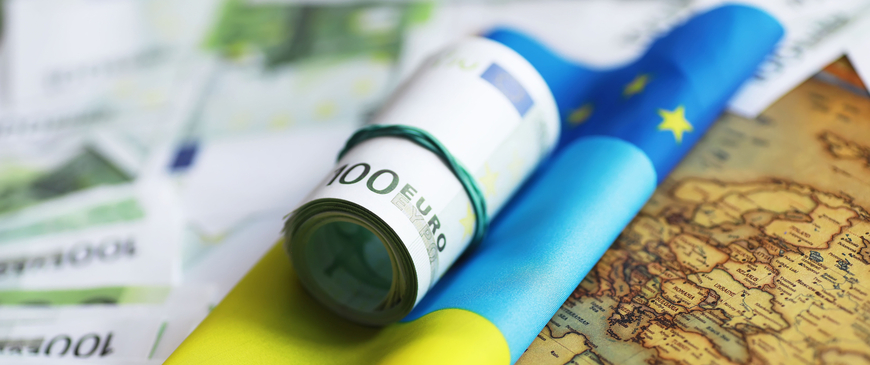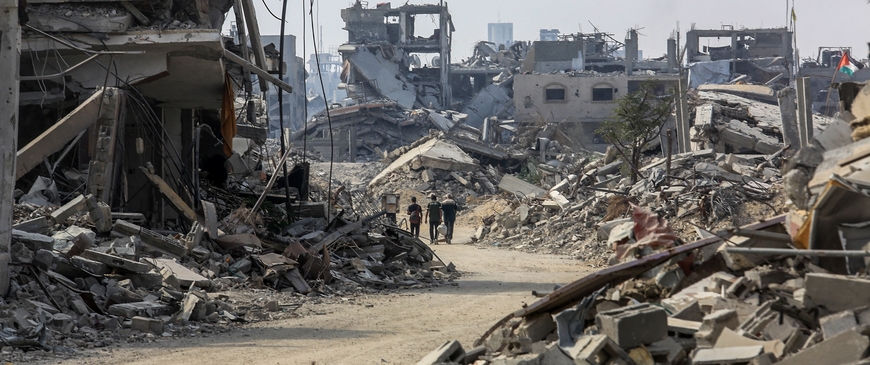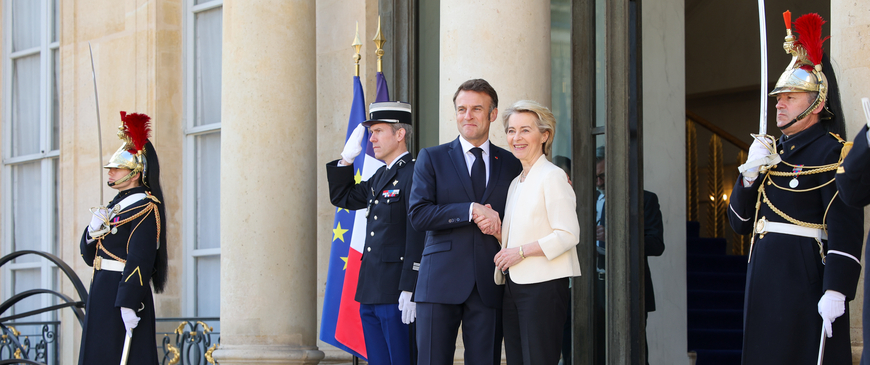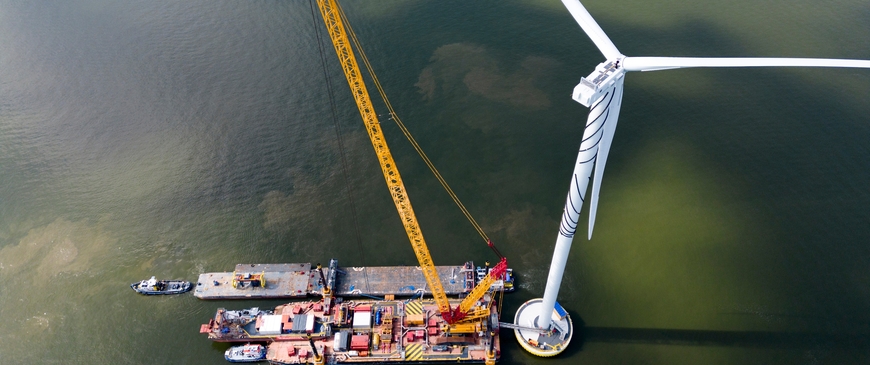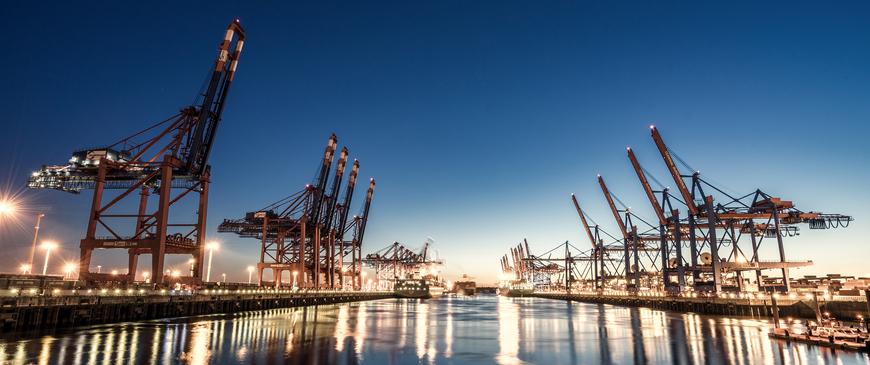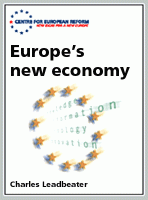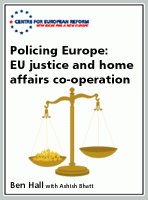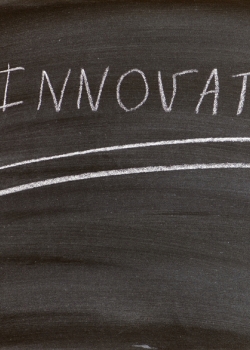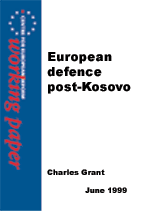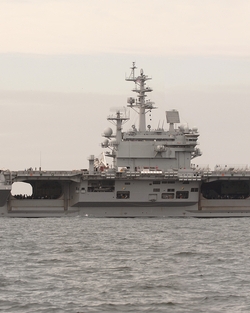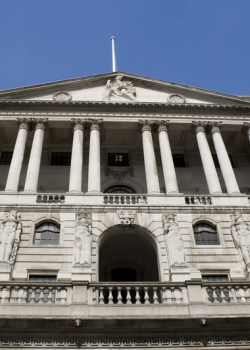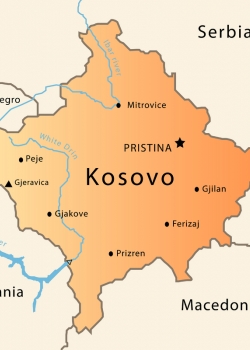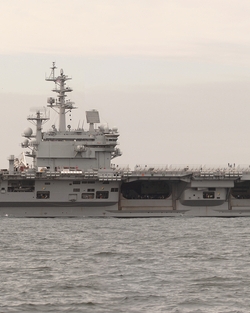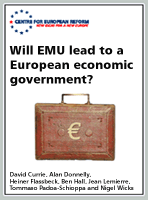Research
Europe's new economy
05 November 1999
Europe needs a new economic story because it faces a new economic challenge. The challenge is to transform European science and technology, knowledge and creativity, into jobs, growth and economic success.
Commissioning reform
01 October 1999
For most ordinary members of the public the European Commission is the European Union. The fall of the Santer Commission amidst allegations of corruption and mismanagement plunged the EU into crisis.
Britain in Europe
01 October 1999
The history of Britain's troubled relationship with the European Union has been far too repetitive. Every time that the continental countries want to deepen their union, the British hold back and predict failure; and later, when they see the venture working, they grudgingly join and accept rules written by others.
Don't forget the shopkeepers
01 October 1999
Commission President Romano Prodi has promised a fundamental review of the EU's priorities. He should encourage the Commission to think more about service industries.
The case for "Mr Euroland"
01 October 1999
Most discussions about the euro focus on what it means for the politics and the economy of the EU. The actual and potential external impact of EMU is often ignored.
Policing Europe: EU justice and home affairs co-operation
01 October 1999
Most observers of the European Union see the single currency as the principal driving force of European integration in the coming decade.
Issue 8 - 1999
24 September 1999
- Commissioning reform, Ben Hall
- Britain in Europe , Charles Grant
- Don't forget the shopkeepers, Bernard Hughes
- The case for "Mr Euroland", Steven Everts
A golden opportunity for reform
02 August 1999
It is easy to forget that the Eurosceptical mood of many EU countries is a recent phenomenon. In the late 1980s, when the EU's prime task was the creation of a single market, its popularity grew in every member-state.
Entrepreneurial Europe
02 August 1999
Europe's biggest economic problem is that it lacks the kind of entrepreneurial culture that powers America's economy. There are not enough start-up companies or large companies that are capable of innovation.
Needed: An EU energy tax
02 August 1999
There is no EU-wide energy tax, despite the fact that green parties now have a strong presence in the European political landscape and that such a tax could make the single market more effective.
A single market in crime
02 August 1999
Crime is becoming increasingly international, and it is a big business. A recent United Nations report estimates that the global turnover of criminal organisations amounts to some £1,000 billion a year, considerably larger than the gross domestic product of Britain.
Issue 7 - 1999
30 July 1999
- A golden opportunity for reform, Charles Grant
- Entrepreneurial Europe, Kitty Ussher
- Needed: An EU energy tax, Nina Marenzi
- A single market in crime, Ben Hall
Europe's defence industry: A transatlantic future
02 July 1999
In December 1998 Europe's first major cross-border defence industry merger was imminent: a deal between British Aerospace (BAe) and DaimlerChrysler Aerospace (Dasa) had been agreed and all but signed and sealed.
European defence post-Kosovo
04 June 1999
European Union has long talked about building a defence capability, but done very little about it. In the first week of June 1999, however, two events gave a boost to the EU’s military aspirations. At the Cologne summit EU leaders agreed on a scheme that would enable the EU to...
The EU needs defence convergence criteria
01 June 1999
The countries of the European Union spend on defence around 60 per cent of the US defence budget (approximately $145bn versus $265bn). But Europe does not have anything close to half of US capabilities when it comes to strategic lift, strategic intelligence or command and control.
A mandate for convergence
01 June 1999
The government is missing a trick by failing to encourage the Bank of England to play an active part in ensuring Britain's economic convergence with the euro-zone.
The prime minister has repeatedly said joining EMU requires the UK's "sustainable convergence with the economies of the single currency". This doesn't mean exchange-rate...
The prime minister has repeatedly said joining EMU requires the UK's "sustainable convergence with the economies of the single currency". This doesn't mean exchange-rate...
What next for Kosovo?
01 June 1999
Although the guns have yet to fall silent, there is an urgent need to sort out the rehabilitation of Kosovo. Even under the best of scenarios, this is going to be an expensive and excruciating business.
Why Europe needs a constitution
01 June 1999
Europe cannot survive as a political entity without being a working democracy. Here are three simple propositions about how it can become one. The first is that nothing which is too complicated for the ordinary voter to understand can ever be democratic.
Issue 6 - 1999
28 May 1999
- The EU needs defence convergence criteria, François Heisbourg
- A mandate for convergence, Kitty Ussher
- What next for Kosovo?, Michael Maclay
- Why Europe needs a constitution, Andrew Marr
Will EMU lead to a European economic government?
07 May 1999
Both proponents and opponents of economic and monetary union (EMU) have always viewed it as an engine of further European integration and as another milestone on the road to an ill-defined 'political union'.

